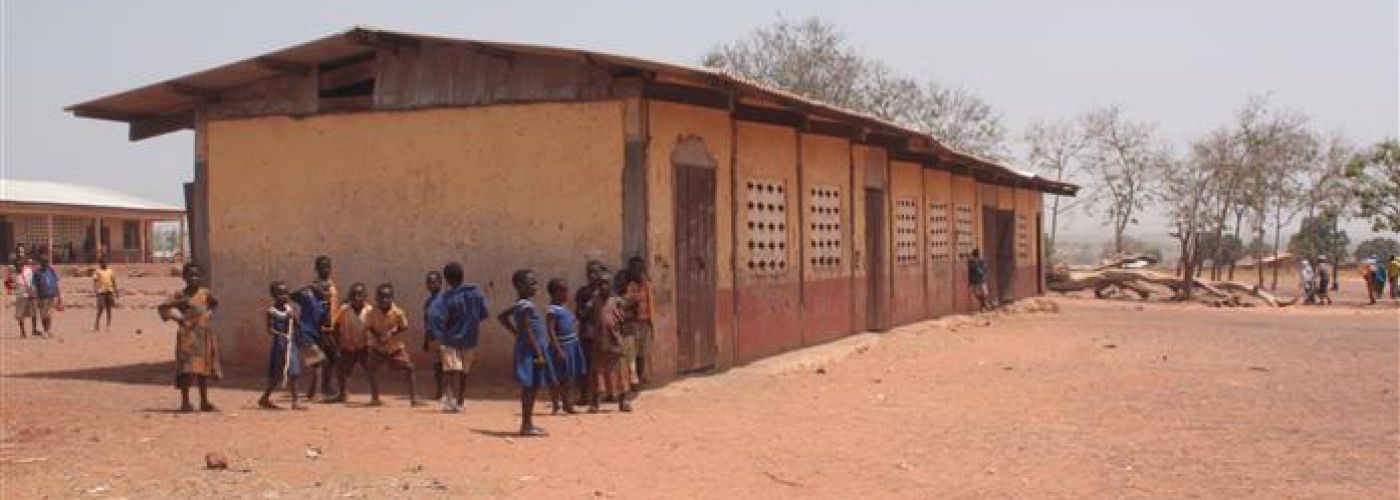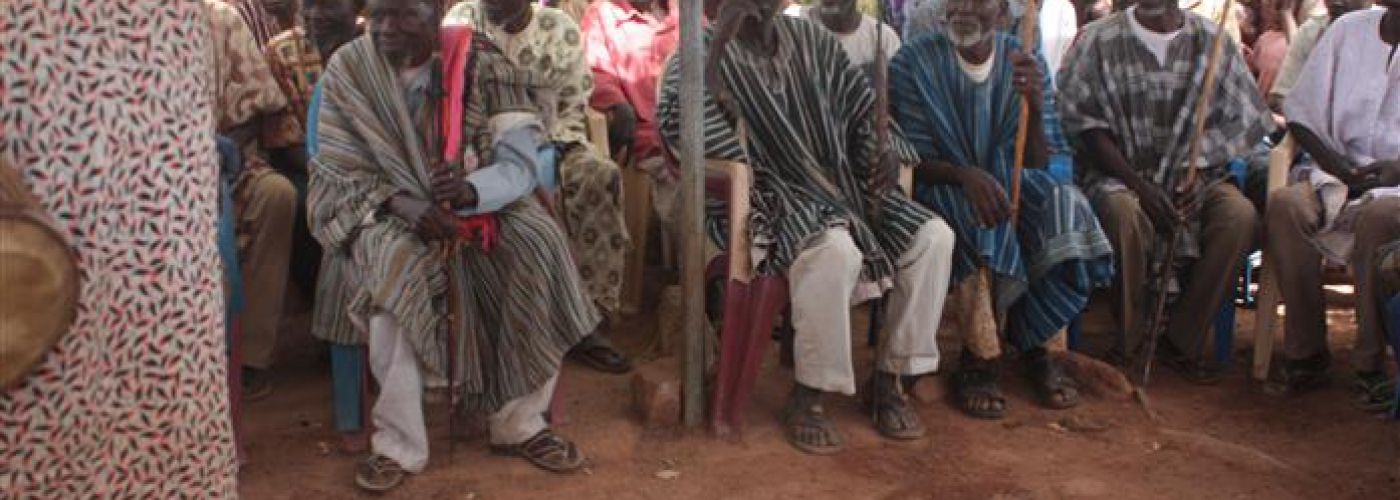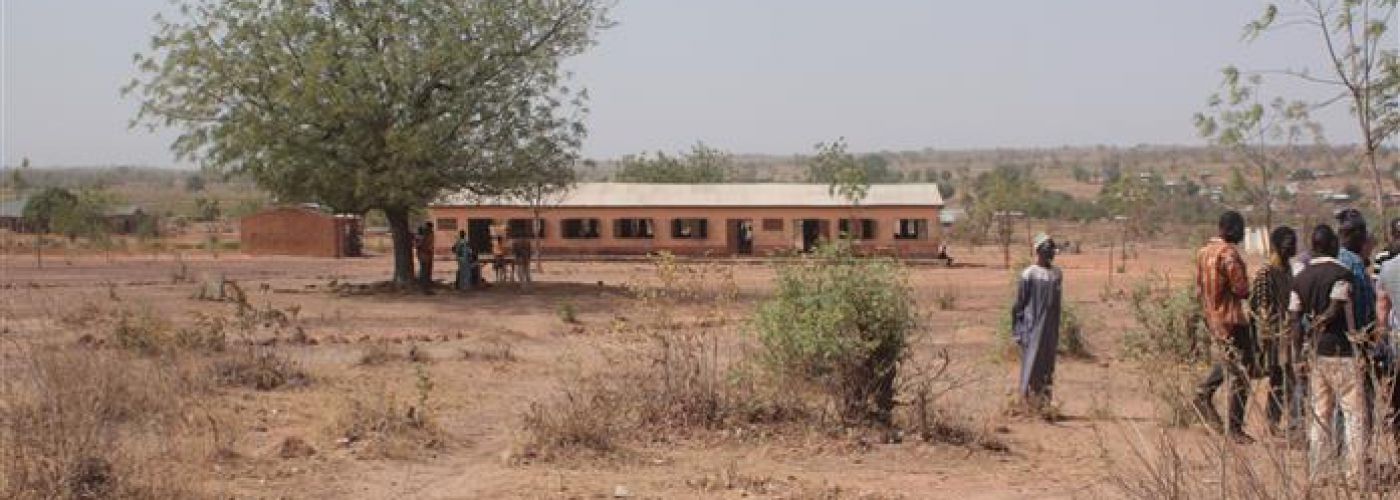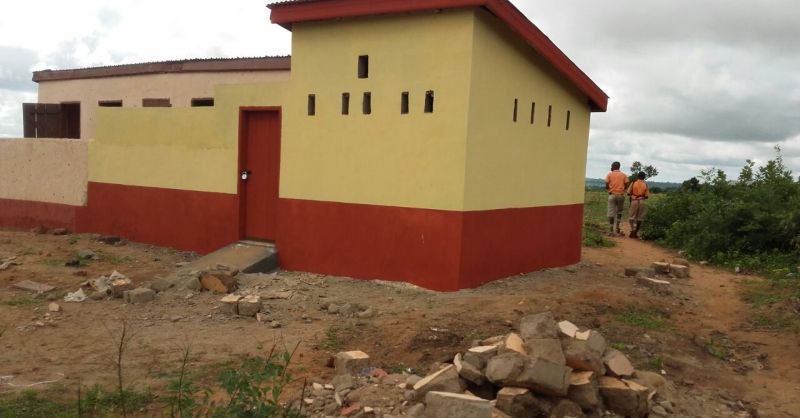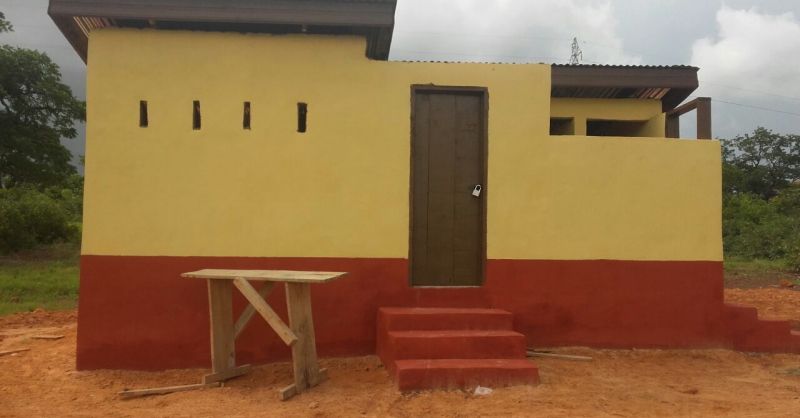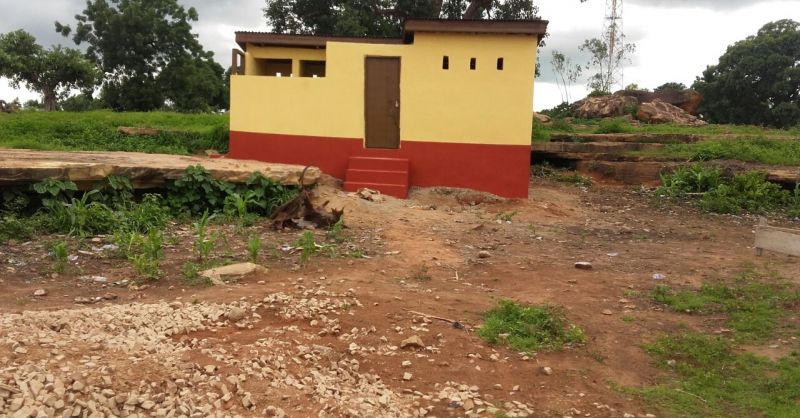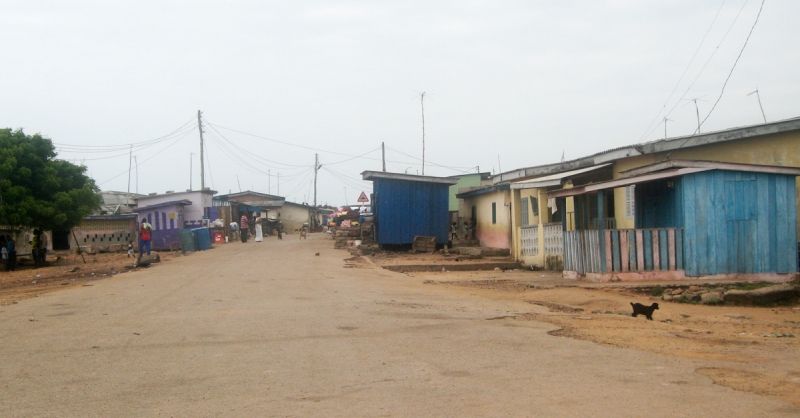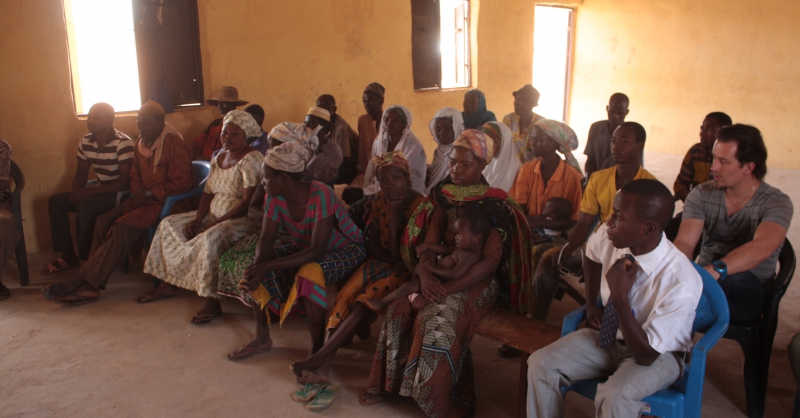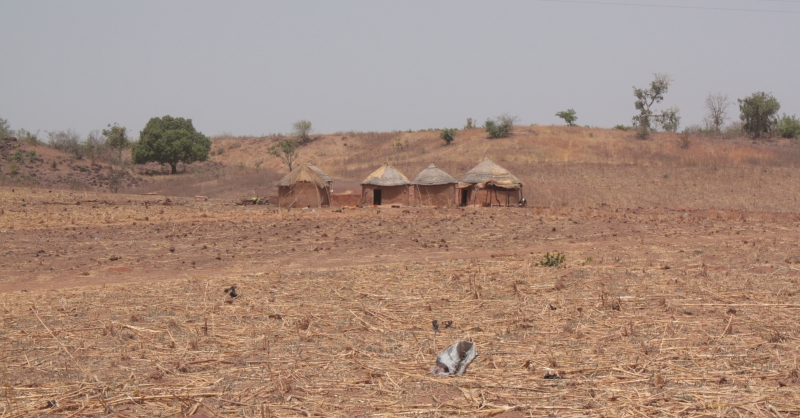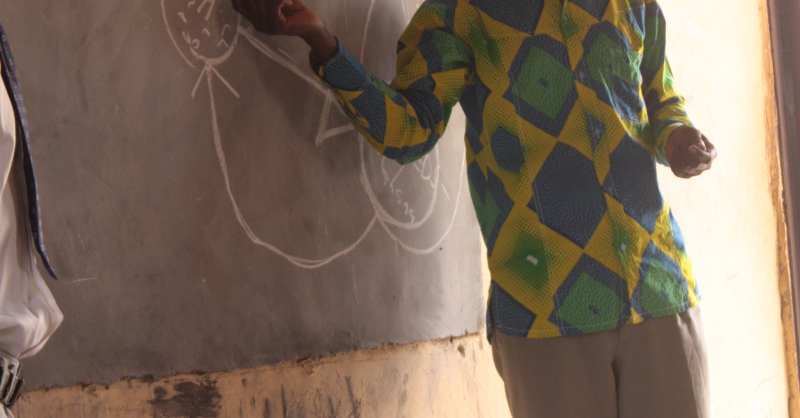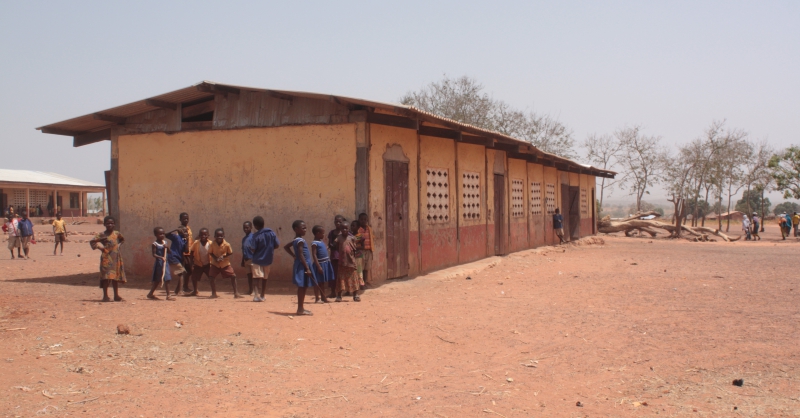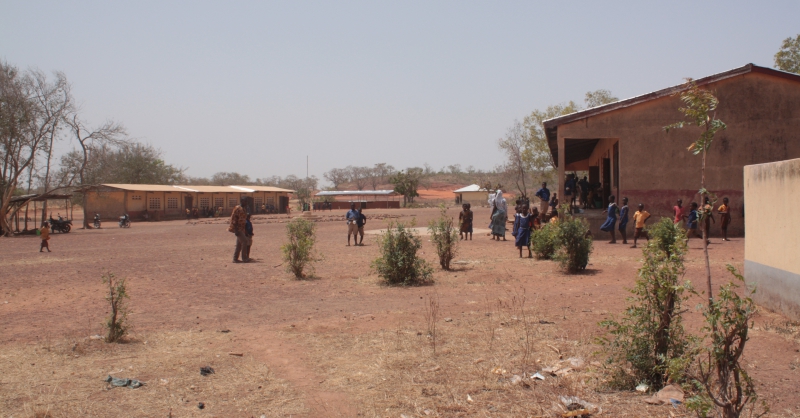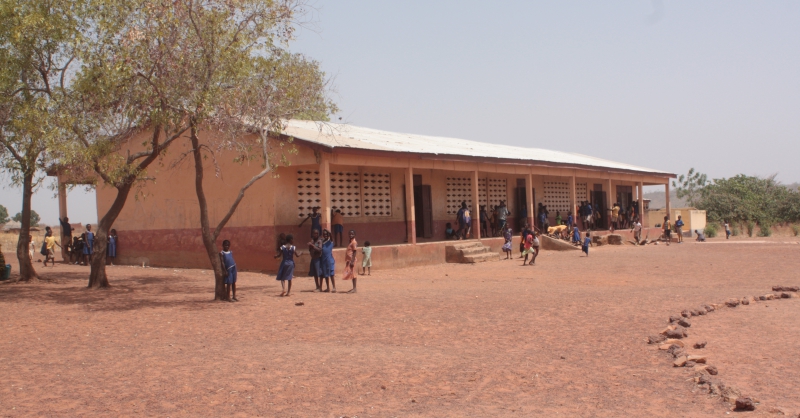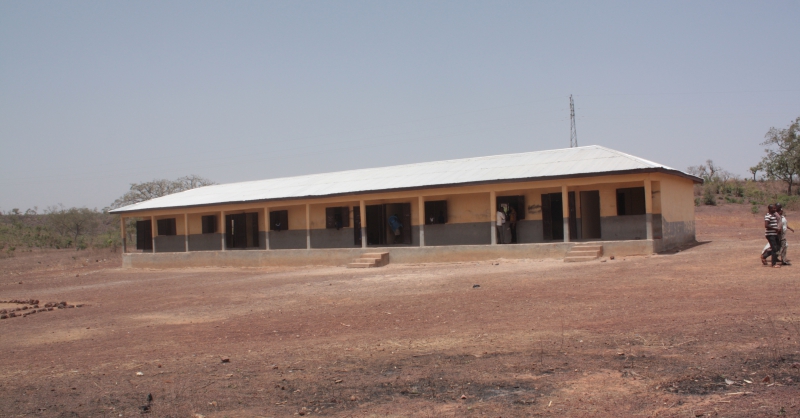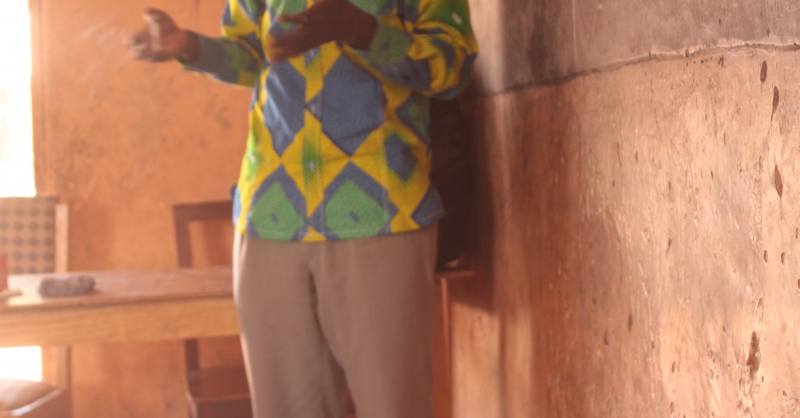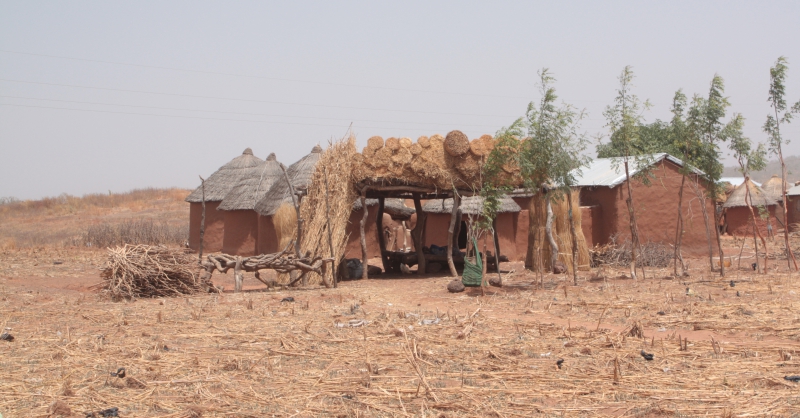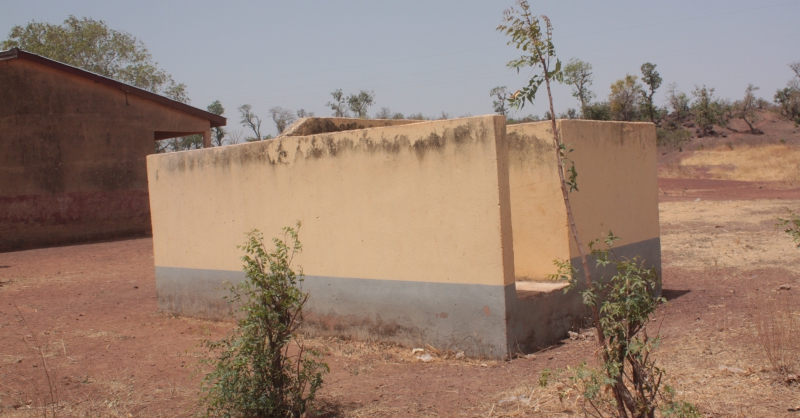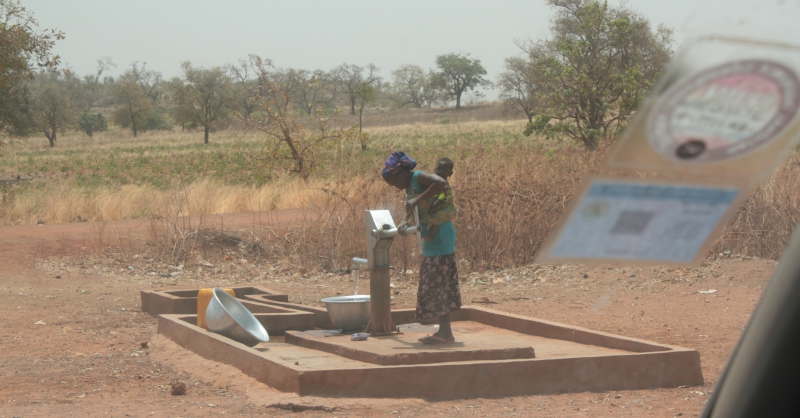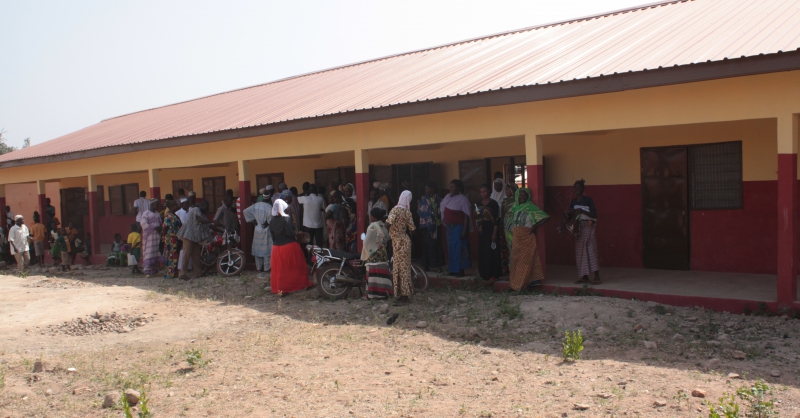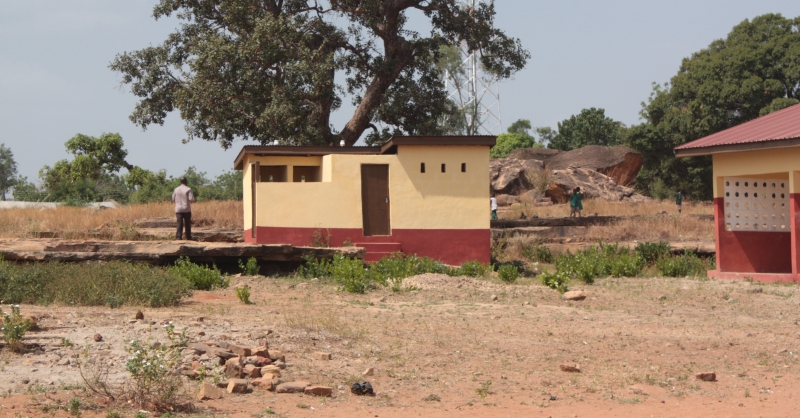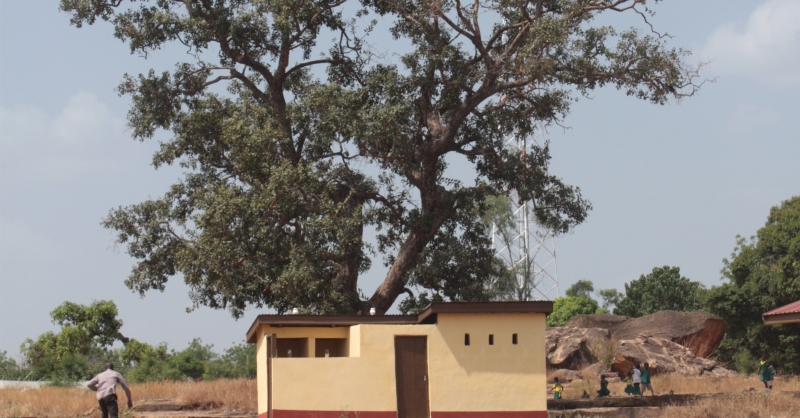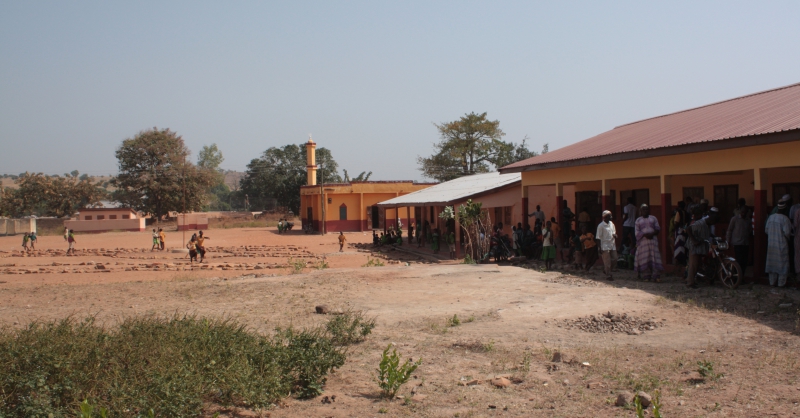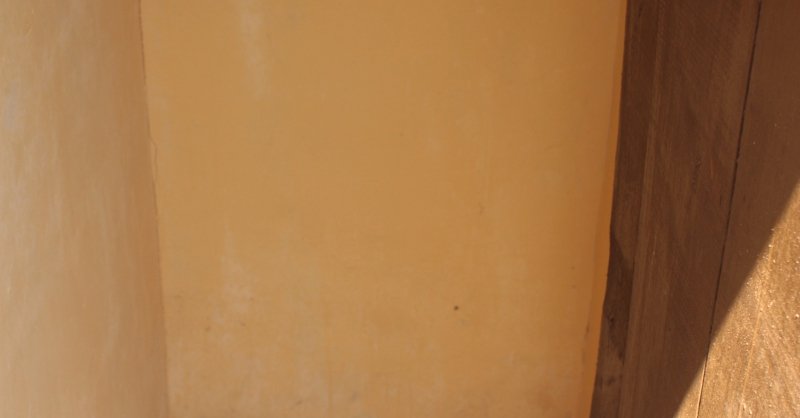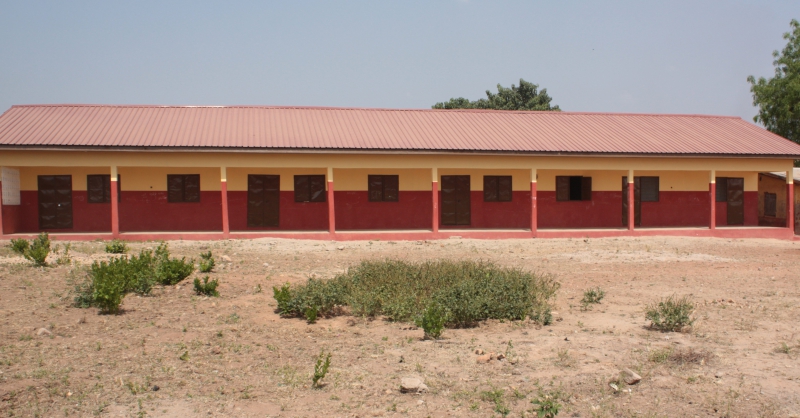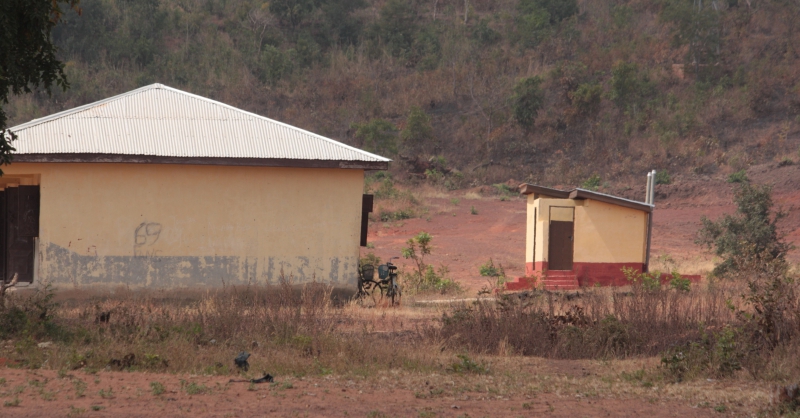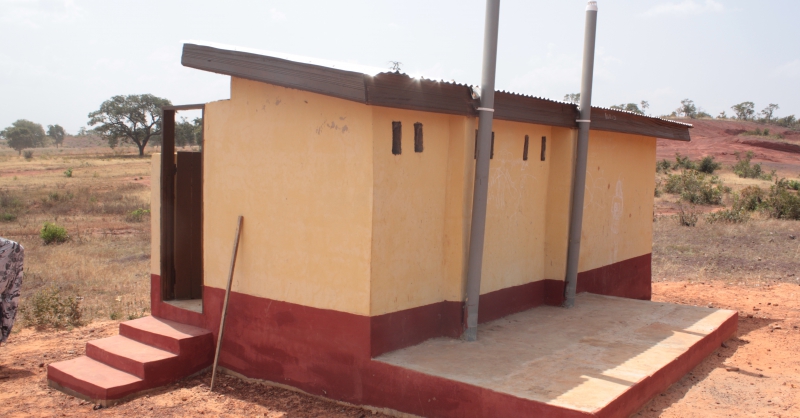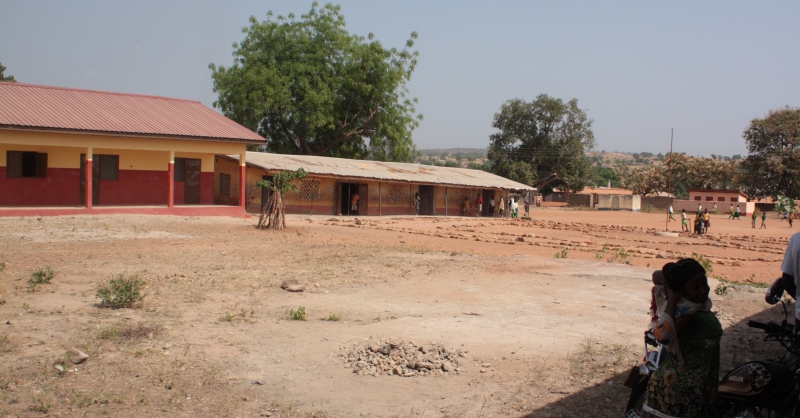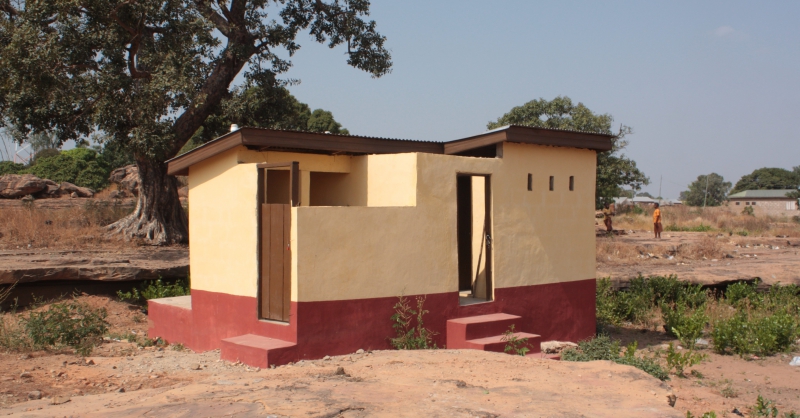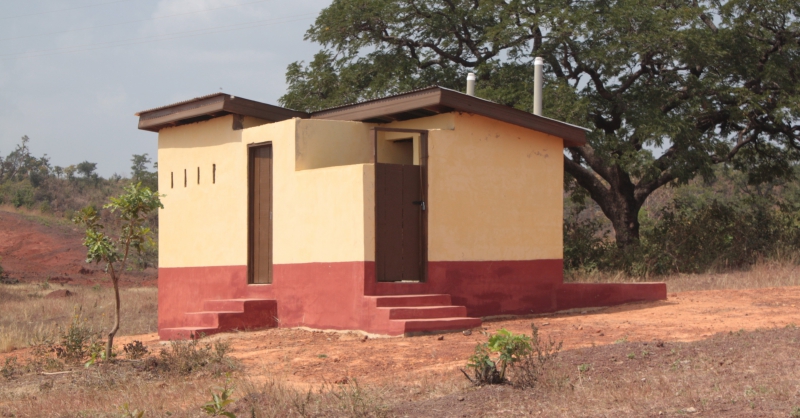East Mamprusi district is een van de 20 districten van de Northern Region. Het ligt op ruim 700 km van de hoofdstad Accra. Het is een gebied met veel kleine gemeenschappen waar mensen voornamelijk afhankelijk zijn van de opbrengst van hun land voor hun levensonderhoud. Voorzieningen als elektriciteit, stromend water riolering heeft men op het platteland niet of nauwelijks, behalve langs de doorgaande weg. Kinderen kunnen wel naar school maar de faciliteiten zijn slecht en de kwaliteit is vaak gebrekkig. Basis gezondheidszorg is beperkt toegankelijk meestal moet men 10 25 km reizen naar de dichtstbijzijnde kliniek. Het district heeft 180.877 inwoners waarvan de meerderheid moslim is.
Bouw van Latrines en schoonwateropslagtanks bij scholen in Namasim in 2016
Blijf betrokken bij de voortgang van het project in Namasim
Er zijn geen berichten.
GH116 | Bye Bye!
Na het harde bouwen en nog wat leuke culturele uitstapjes is het tijd voor GH116 om vol met mooie ervaringen het vliegtuig weer in te stappen.
Lees meerGH116 | Groeten uit Ghana!
Weer een korte update vanuit Ghana en van iedereen een persoonlijke groet!
Lees meer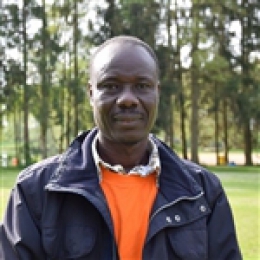
Stephen Abarika
P.O. Box CT 1647
Cantonments
Accra
Ghana
+233 302 43 37 87
info@agcareghana.org
AG Care Ghana
Assemblies of God Care Ghana (AG Care Ghana, voorheen AGREDS) is een christelijke organisatie die zich inzet voor de kansarmen in Ghana. AG Care valt onder de Assemblies of God kerk die op alle continenten aanwezig is om via de verschillende lokale afdelingen missie teams en missionarissen uit te zenden, en anderzijds praktische hulp te bieden. Dit doen ze op heel veel verschillende manieren, soms in samenwerking met andere hulporganisaties.
Om de situatie voor de verschillende doelgroepen te verbeteren heeft AG Care Ghana programma’s opgezet om zo de ontwikkeling van onderwijs, gezondheid en sanitaire voorzieningen in gang te zetten. World Servants ondersteund het programma van AG Care Ghana al sinds 1991 op verschillende gebieden, door onder andere de bouw van klaslokalen voor zowel basis- als middelbare scholen, klinieken, latrines en water tanken. Maar ook de bouw van woningen voor leerkrachten of medisch personeel: minstens net zo belangrijk voor een betere kwaliteit van onderwijs en zorg.
Belangrijk speerpunt van AG Care is het stimuleren van onderwijs voor meisjes. Dit doen ze door het opzetten van voorlichting en bewustwordingsprogramma’s en de bouw van verschoningsruimtes (Girls Changing Rooms) zodat meisjes ook tijdens de menstruatieperiode naar school blijven gaan, en daardoor niet uitstromen uit het onderwijs.
Het programma voor de verbetering van onderwijs en gezondheidszorg richt zich met name op gemeenschappen in het noorden van Ghana, en daarnaast heeft AG Care een programma gericht op armoedebestrijding in Accra.
Daarnaast is AG Care ook betrokken bij:
- Gezondheidszorg: niet alleen medicijnen worden gebruikt om ziektes in het land tegen te gaan. AG Care pakt het probleem aan bij de bron: ziektes voorkómen. In de gemeenschap worden voorlichting, trainingen en clinics gegeven om de bevolking zoveel mogelijk in te lichten over zaken als veel voorkomende ziektes.
- Noodhulp: deze afdeling van de organisatie is verantwoordelijk voor het coördineren van de rampenbestrijding wanneer zoiets voorkomt. Maar ook de wederopbouw en bemiddeling in conflicten nemen ze voor hun rekening.
- Armoedebestrijding: bijna 29% van de bevolking leeft onder de armoedegrens. Een onderdeel van dit programma is dan ook het verstrekken van kleine leningen. Ook probeert AG Care door middel van lifeskills-trainingen de mensen in het land (met name vrouwen) beroepsvaardigheden aan te leren (bijv in het Lifeline Centre in Accra). Dit vergroot de kans op het vinden van een baan om zo in hun levensonderhoud te kunnen voorzien en succesvol te kunnen (re)integreren in de samenleving.
- Evangelisatie: op een praktische manier probeert AG Care de Bijbelse leer over te dragen waarbij onderwerpen als zorg voor armen, verlichting van het lijden en sociale rechtvaardigheid aan bod komen.
Nog steeds hebben veel mensen geen toegang tot veilig drinkwater en goede sanitaire voorzieningen. Dit is ook de situatie voor veel scholen in het Noorden van Ghana waardoor kinderen vatbaarder zijn voor diarree en infecties en dit kan ondervoeding versterken of zelfs veroorzaken. Dit leidt ook tot het niet volgen van lessen van vooral meisjes. Om die reden bouw je voor een middelbare school (Junior High School) latrines met een geïntegreerde verschoningsruimte voor meisjes.
Daarnaast is de kennis van persoonlijke hygiëne vaak beperkt, wat de kans op ziekte nog groter maakt.
Hier ga jij verandering in brengen door:
- Vergroten van de betrokkenheid van de gemeenschap en de ouders bij de school, voetbal verbind en draagt hier aan bij.
- Wederzijds leren en nieuwe inzichten op doen door elkaar te ontmoeten in sport en spel.
Doelen:
- Circa 750 kinderen op vier scholen krijgen degelijke latrines en schoon water voorzieningen.
- Kinderen zijn regelmatiger op school en maken deze af.
- Kinderen hebben vaardigheden geleerd om hygiëne op school en thuis toe te passen.
- Op elke school worden minimaal twee voetbalcoaches opgeleid, zijn er regelmatig trainingen en voetbalwedstrijden.
- De gemeenschap draagt zelf zorg voor het beheer en het onderhoud van de voorzieningen.
.


